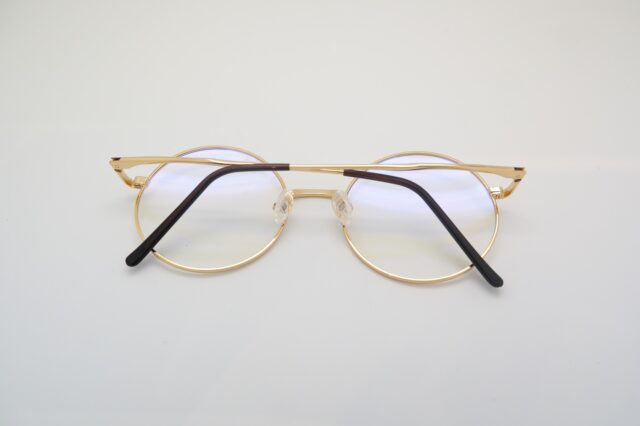Top 3 Misconceptions about AMD/Low Vision

AMD, or age-related macular degeneration, affects the vision of more than 15 million Americans, according to the American Society of Retina Specialists. This February, UF Health is celebrating AMD/Low Vision Awareness month, and UF Health ophthalmologists are providing information about the degenerative eye disease.
Misconception #1: Vitamins can cure AMD.
While vitamins can slow the progression of AMD and keep the disease under control, vitamins do not cure AMD. However, a study conducted by the American Academy of Ophthalmology, found that specific amounts of vitamin supplements played a key role in helping some people at high risk for developing advanced AMD to maintain their vision, or slow down the progression of the disease.
Misconception #2: There’s nothing a patient can do to slow the progression of AMD.
If seen by an ophthalmologist early in life, it becomes easier for patients to identify abnormal changes in eyesight. As a result, patients have access to different resources that weaken the progression of AMD, including vitamins, injections, implants and laser treatments.
“Every so often I see patients who have not sought out low-vision eye care and have waited too long to slow the progression. Patients may begin seeing straight lines as wavy or bent, or patients may be missing letters while reading,” said Jessica Cameron, O.D., optometrist in UF Health’s department of ophthalmology. “I recommend that patients make an appointment when they’re younger to see how their normal vision appears, so that they are able to better detect any changes.”
Misconception #3: A patient is only prone to developing AMD if he or she has a family history of the disease.
Although patients with a family history of AMD should be aware that they are at an elevated risk for developing the disease, this is not the only factor that contributes to degeneration.
“Especially in Florida, patients should be aware of the sun’s ultraviolet ray reflection in the water and should be mindful about wearing UV protective sunglasses,” said Gibran Khurshid, M.D., a retina specialist in UF Health’s department of ophthalmology. He also recommends that patients maintain a healthy, green diet and avoid an excess of fatty foods.
About the author
